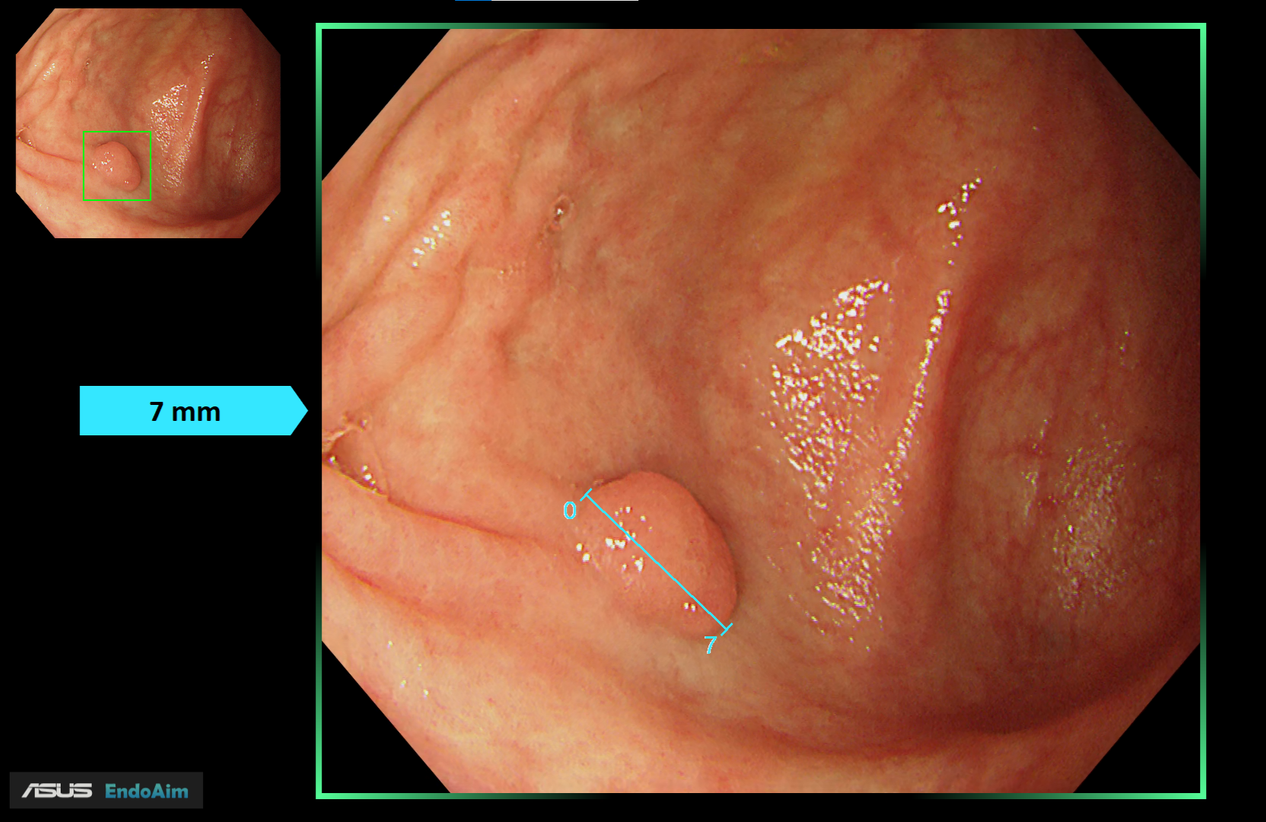The adoption of AI in healthcare has become increasingly common due to its potential to drastically improve patient care, medical diagnosis, and overall operational efficiency. In particular, the use of medical imaging in the healthcare industry has steadily increased over the years.
Based on a study from the journal Healthcare, the number of CT (computed tomography) scans and ultrasound examinations have nearly doubled over the last decade. Accordingly, more healthcare organizations are now investing in AI and machine learning to assist with the growing demand for medical imaging and alleviate the workload of healthcare personnel.
Enhancing medical imaging with AI technology
Medical imaging is a technique that produces a visual representation of the patient’s body so that doctors can better analyze and monitor their anatomy and physiology. It is generally classified into two main types: diagnostic and preventive.
Diagnostic imaging is designed to identify and determine the causes of existing symptoms, followed by appropriate treatment plans based on the imaging analysis. Preventive imaging is used to detect diseases early on when the patient is either still symptom-free or has early signs of symptoms that have yet to develop into a more serious condition. A doctor may also recommend medical imaging for patients due to their age, family history, or simply as a part of their regular health checkup.
AI has allowed the accuracy and efficiency of medical imaging to be further enhanced, especially in areas like symptom identification and disease risk prediction. This, in turn, helps clinicians keep up with the rising demand for services. An example can be seen in a study from the journal Radiology, which showcased AI algorithms’ accuracy in predicting breast cancer risks. Another study at Tulane University also indicated a machine-assisted AI computer program was able to accurately detect and diagnose colorectal cancer. The performance of AI was shown to be on par with its human counterparts, demonstrating its potential to assist with medical screenings in clinical settings.
Driving smart healthcare with ASUS AI medical imaging solution
According to the World Health Organization (WHO), colorectal cancer is the third most common cancer worldwide and is often diagnosed at advanced stages when treatment options are already limited. The cancer usually starts growing on the inner lining of the colon or rectum, and the growth of tissue is referred to as polyps. Adenomas, a type of polyps, have the possibility of changing into cancer over time, which is why they are also called a pre-cancerous condition.
ASUS is deeply engaged in smart healthcare and has been providing pragmatic and innovative solutions to empower the future of healthcare. In line with this focus, ASUS has developed several AI-assisted cancer diagnostic software. A perfect exemplar of this can be seen with the ASUS EndoAim Endoscopy Solution, an AI medical imaging solution that assists doctors in detecting polyps to prevent their development into colorectal cancer.
Related Reading: Embracing the Era of the Super-Aged Society with ASUS Smart Healthcare Solutions
EndoAim is trained on a variety of datasets, allowing it to classify all detected polyps into adenoma and non-adenoma. This provides doctors with a second opinion so that they can make an accurate diagnosis and avoid any unnecessary biopsies. Additionally, EndoAim can detect multiple polyps simultaneously during colonoscopy and tag any other abnormalities on the screen, saving doctors guesswork and time.
Based on past research, 22%-28% of polyps and 20%-24% of adenomas are missed in patients undergoing colonoscopy. An ideal detection test would require both high sensitivity and specificity in order to accurately diagnose a patient. The sensitivity of a test is its ability to classify a patient with disease as positive while specificity refers to a test’s ability to designate a patient who does not have that disease as negative.
By using ASUS EndoAim, doctors can perform real-time polyp detection through endoscopic images with a sensitivity of more than 95% and a specificity of 97%. Coupled with its ability to process 60 frames per second (fps), which is higher than the 30 fps of other solutions on the market, EndoAim can significantly increase the detection rate of adenomas and sets a new standard of care for colonoscopy.
EndoAim obtained TFDA medical device certification last year from Taiwan’s Ministry of Health and Welfare and has been certified with the National Quality Seal. Currently, this AI software is used in multiple Taiwanese hospitals and is compatible with existing endoscopy systems.
The future of AI healthcare solutions
With the use of AI becoming more common across the healthcare industry, ASUS aims to provide AI-based solutions that will improve today’s healthcare delivery as well as ease the burden of medical professionals. Through continuous development and collaboration with hospitals and industry partners, ASUS hopes to drive the development of AI healthcare solutions and ensure that better care services are available for all.

About ASUS
ASUS is a global technology leader that provides the world’s most innovative and intuitive devices, components, and solutions to deliver incredible experiences that enhance the lives of people everywhere. With its team of 5,000 in-house R&D experts, the company is world-renowned for continuously reimagining today’s technologies. Consistently ranked as one of Fortune’s World’s Most Admired Companies, ASUS is also committed to sustaining an incredible future. The goal is to create a net zero enterprise that helps drive the shift towards a circular economy, with a responsible supply chain creating shared value for every one of us.



